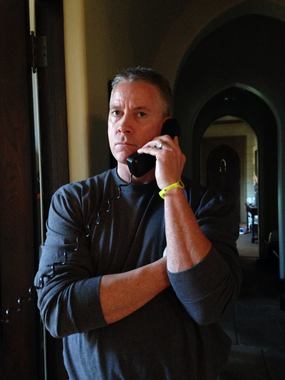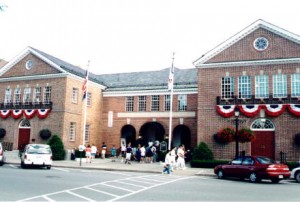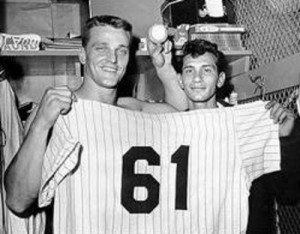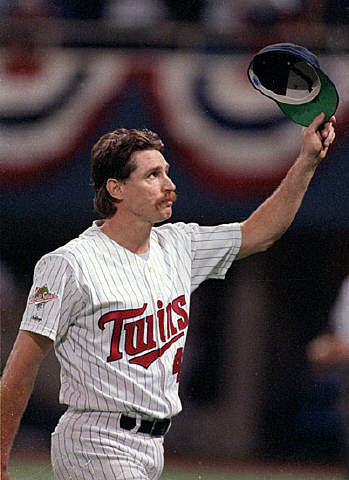It’s time. There are only a couple days left before Hall of Fame ballots are due in. Yes, those holy guardians of all that is right and just in baseball (voting members of the Baseball Writers Association of America) must soon stop writing about how hard it is to perform their duties as HoF voters and just vote, already.
As I’ve written several times, I don’t believe the writers have any business sitting in judgment of anyone else’s morality. If they would just vote based on players’ achievements, fine. But as arbiters of others’ morality, they have no business being judges and jury.
I’ve also been clear that my own criteria for voting would go beyond just statistical evaluation (though obviously, stats are a big part of the equation). As I’ve written before, it’s the Hall of FAME. So tell me what these players accomplished during their careers that stood out, that was remarkable, that made an impression on baseball in their era, that made memories, that fans of that era and beyond still talk about and recognize, that made the player famous or added to the general level of fame bestowed upon the game of baseball itself.
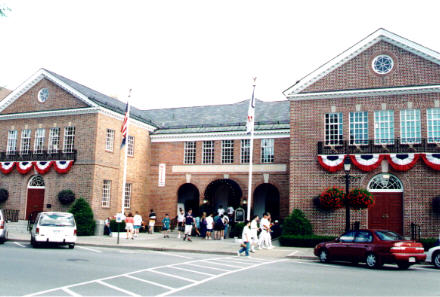 With no player garnering the necessary 75% support a year ago and a sizable number of excellent players being added to the ballot for the first time this year, a number of writers with voting privileges have continued to complain about being limited to only listing 10 players on their ballots. To which I say, “Shut up. If you and your fellow writer friends would quit being so damn holier-than-thou, or if MLB would show some balls and act as the morality police for the game instead of expecting writers, of all people, to do so, you wouldn’t be having this problem. On top of that, you get all sanctimonious over who should even be allowed to get in to your little writers association club and then you whine about how hard it is to do the one mildly important thing that membership entitles you to do.”
With no player garnering the necessary 75% support a year ago and a sizable number of excellent players being added to the ballot for the first time this year, a number of writers with voting privileges have continued to complain about being limited to only listing 10 players on their ballots. To which I say, “Shut up. If you and your fellow writer friends would quit being so damn holier-than-thou, or if MLB would show some balls and act as the morality police for the game instead of expecting writers, of all people, to do so, you wouldn’t be having this problem. On top of that, you get all sanctimonious over who should even be allowed to get in to your little writers association club and then you whine about how hard it is to do the one mildly important thing that membership entitles you to do.”
I feel better getting that off my chest.
Don’t get me wrong. I love baseball writers. OK, not really love, but I like them a lot. Enough that I pretend to be one sometimes.
I think, by and large, baseball writers do a great job in every respect during the year EXCEPT when it comes to Hall of Fame voting. In this one area, the hand-wringing, judgmental crap that many (not all) writers shove down our throats just drives me nuts to read.
So, yes, it’s a tough job to come up with just 10 players to vote for this year, but the BBWAA has done it to themselves.
With that, here’s what my ballot would look like if I were doing the voting.
A year ago, I said there were five players that should either be in the Hall or you shouldn’t have a Hall. Now that list is at six. In addition to Barry Bonds, Roger Clemens, Sammy Sosa, Rafael Palmeiro and Mark McGwire, I would add first-timer Greg Maddux.
Yes, that list includes five PED users. When we are told that their sins, like those of Pete Rose’s, make them ineligible for enshrinement, I’ll stop including them on my ballot. But if they are on the ballot, they get my vote. I’m the last person you want to have casting judgment over someone else’s morality. Unlike most of the real voters, at least I’m willing to admit it.
Andrew Walter, over at his Twins Fan From Afar blog wondered whether he would have taken PEDs if it would have made it possible for him to succeed as a professional baseball player. I think that’s something most BBWAA voters should ponder honestly, if that’s possible. I have no problem answering that question. I absolutely would have if I knew I could afford it, that it wouldn’t kill me immediately to do so, and if I’d have been relatively certain I could do it without penalty.
I know I would have, because I did, to a degree.
In Iowa, the high school baseball season is a summer season, which means most of the season takes place after school is out. For a senior, that means after you’ve already graduated. The summer after my senior year of high school, I worked construction 10 hours a day, five days a week, to make money for college. I took off work early on game days, but I certainly wasn’t well-rested for games. I took speed to get through those games. I know most BBWAA voters don’t count amphetamines as PEDs (or most of the 1960s and 1970s stars enshrined wouldn’t be there), but trust me, I was taking those pills to enhance my performance.
I couldn’t afford the kind of PEDs Bonds and others took and wouldn’t have known what they were in 1974. But I took what I could afford, in amounts I felt were safe and knowing there was almost no chance of being caught. In other words, I did exactly what the 1990s-era juicers did.
Anyway, those guys are on my list and will stay there until they aren’t eligible any more or until players I deem better at playing baseball push them off. That leaves just four spots on my ballot to fill.
The next tier for me a year ago was Jeff Bagwell and Mike Piazza. I still think they are a cut above guys like Craig Biggio, Tim Raines and Alan Trammell. I think Frank Thomas joins them on their level, however. So the next three names on my ballot are Bagwell, Piazza and Thomas.
That leaves one spot left and I’m going to skip over several guys that I admittedly feel are more worthy for enshrinement and write Jack Morris’ name down.
I understand if you disagree. If your criteria is all about numbers, Morris’ career arguably doesn’t measure up to Biggio, Raines, Trammell, Glavine, and maybe even Curt Schilling, Mike Mussina and Edgar Martinez. I’m sure a few other guys could make a better case statistically than Morris, too.
In most years, I would probably pick one of those guys over Morris, too; but not this year.
This is Morris’ final year on the ballot and given the criteria for consideration that I have shared in the third paragraph of this article, I would vote for Morris with an absolutely clear conscience. He wasn’t the best pitcher in baseball over any period, long or short. But on a few very big stages, he was magnificent. He gave baseball fans moments that will live for as long as anyone who witnessed them remains alive. There should be a place for a pitcher like that in the Hall of Fame and there would be a place for him on my ballot in this, his final (and likely unsuccessful) year of eligibility.
When all of the ballots are finally counted, I think two first-timers, Greg Maddux and Frank Thomas, will be elected.
Maddux is a shoe-in. He’s one of those guys who should be unanimous, but won’t be because some voting members of the BBWAA actually died a few years ago and nobody noticed or they just really suck at this HoF voting thing.
Thomas will be a closer call because there will be more voters who won’t list him on their ballots either because they don’t feel his career warrants a “first ballot” HoF election or because they discount him due to primarily being a designated hitter and, for whatever reason, some writers seem to think that means he wasn’t a “real ballplayer.” But I think enough writers will feel awkward enough about not voting for half a dozen of the best players ever due to their PED ties that they’ll be unable to resist voting for perhaps the best supposedly clean slugger on the ballot.
It’s a huge ballot this year, filled with a lot of very good ballplayers. If you’ve got a favorite or two that you want to speak up for, feel free to make a case in the comment section.
– JC
P.S Something like 5-10 minutes after I posted this article, the writer I probably have the most respect for in the entire business, Joe Posnanski, Tweeted a link to his post entitled “Time For a Hall of Fame Stand,” where he suggests that the HoF itself should take a firm stand on the PED issue. Click here and go read it.
